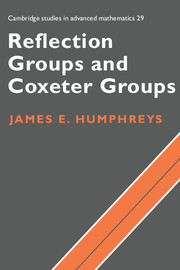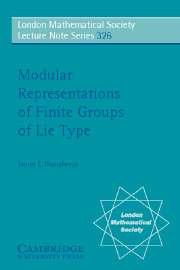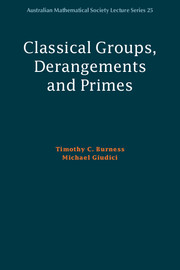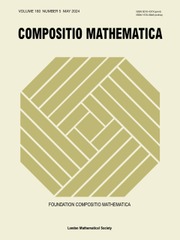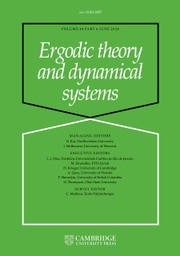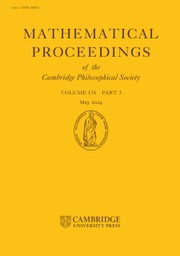Reflection Groups and Coxeter Groups
This graduate textbook presents a concrete and up-to-date introduction to the theory of Coxeter groups. The book is self-contained, making it suitable either for courses and seminars or for self-study. The first part is devoted to establishing concrete examples. Finite reflection groups acting on Euclidean spaces are discussed, and the first part ends with the construction of the affine Weyl groups, a class of Coxeter groups that plays a major role in Lie theory. The second part (which is logically independent of, but motivated by, the first) develops from scratch the properties of Coxeter groups in general, including the Bruhat ordering and the seminal work of Kazhdan and Lusztig on representations of Hecke algebras associated with Coxeter groups is introduced. Finally a number of interesting complementary topics as well as connections with Lie theory are sketched. The book concludes with an extensive bibliography on Coxeter groups and their applications.
- Jim Humphreys is one of the best-known names in group theory
- The paperback has been updated and corrected
Reviews & endorsements
"This is a book which can be recommended to both beginners and more experienced workers with an interest in Coxeter groups. In common with all of Humphrey's books, it is written in a clear and helpful expository style, and so gives an excellent introduction to the subject. At the same time the material dealing with recent developments such as Kazhdan-Lusztig theory will be most useful to specialists in the area." Bulletin of the London Mathematical Society
"...a useful book. The style is informal and the arguments are clear." Louis Solomon, Mathematical Reviews
Product details
October 1992Paperback
9780521436137
220 pages
229 × 156 × 15 mm
0.35kg
Available
Table of Contents
- Part I. Finite and Affine Reflection Groups:
- 1. Finite reflection groups
- 2. Classification of finite reflection groups
- 3. Polynomial invariants of finite reflection groups
- 4. Affine reflection groups
- Part II. General Theory of Coxeter Groups:
- 5. Coxeter groups
- 6. Special case
- 7. Hecke algebras and Kazhdan–Lusztig polynomials
- 8. Complements
- Bibliography.

